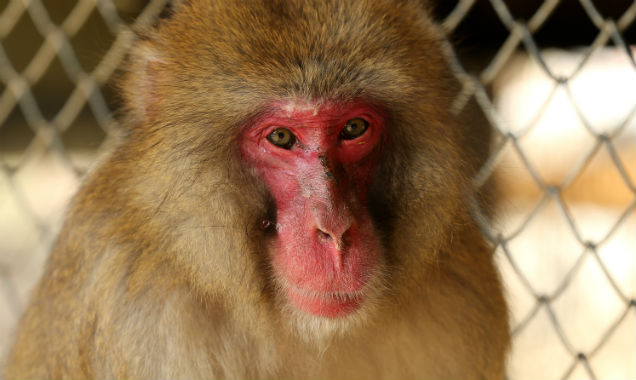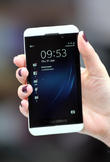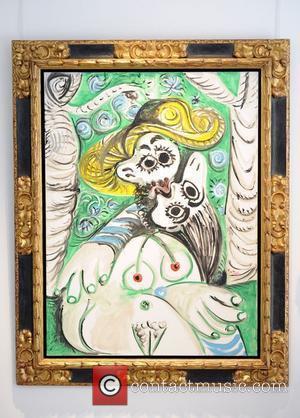You Can't Copyright A Monkey Selfie, So Don't Try
By Jack de Aguilar in Movies / TV / Theatre on 22 August 2014
You also can't claim a mural painted by an elephant, either.
In news altogether insignificant for the world’s population of monkeys, but bad for the British photographer attempting to claim ownership of a self-portrait taken by a macaque, The United States has decided that ‘monkey selfies’ can’t be copyrighted.
 Don't even try and copyright a monkey selfie! [Getty/Buddhika Weerasinghe]
Don't even try and copyright a monkey selfie! [Getty/Buddhika Weerasinghe]
We’re assuming any picture taken by a monkey – a sunset behind a pier or a meadow in full blossom, for instance – can’t be copyrighted either. The news comes after a public draft of the Compendium of U.S. Copyright Office Practices, Third Edition - which was released Tuesday and says it will only register only works created by human beings.
More: talking of photos, check out our latest picture galleries here
“The Office will not register works produced by nature, animals, or plants. Likewise, the Office cannot register a work purportedly created by divine or supernatural beings, although the Office may register a work where the application or the deposit copy(ies) state that the work was inspired by a divine spirit,” reads the public draft.
Examples chosen to be included to illustrate the copyright practise include: “A mural painted by an elephant,” “A claim based on driftwood that has been shaped and smoothed by the ocean,” and “An application for a song naming the Holy Spirit as the author of the work.” Nope. Nothing doing.
The aforementioned British photographer who tried to claim the picture as his own. He wanted the picture, a snap crested black macaque who took a selfie of herself with David Slater’s camera in Indonesia, taken off Wikipedia but the Wikimedia Foundation refused, saying he doesn’t own the copyright. And it appears as though they were right.
“You could look at it like this - the monkey was my assistant and therefore I was the artist behind the image and I allowed my assistant to press the button,” contested Slater to the BBC earlier this month. “You know, this needs to be tested in a court of law.”
Contactmusic














